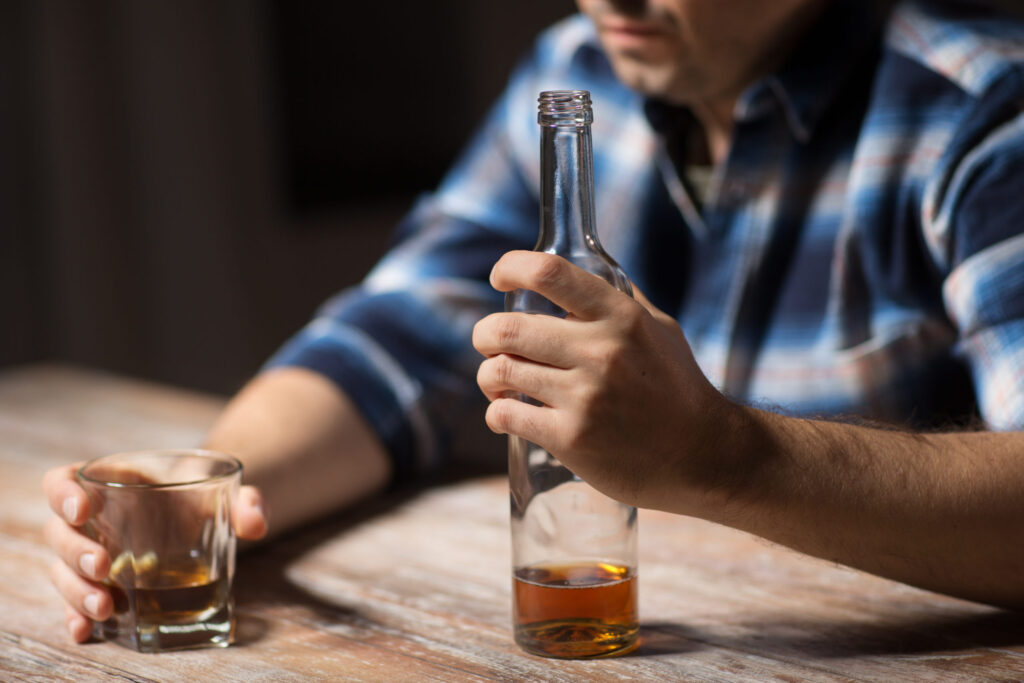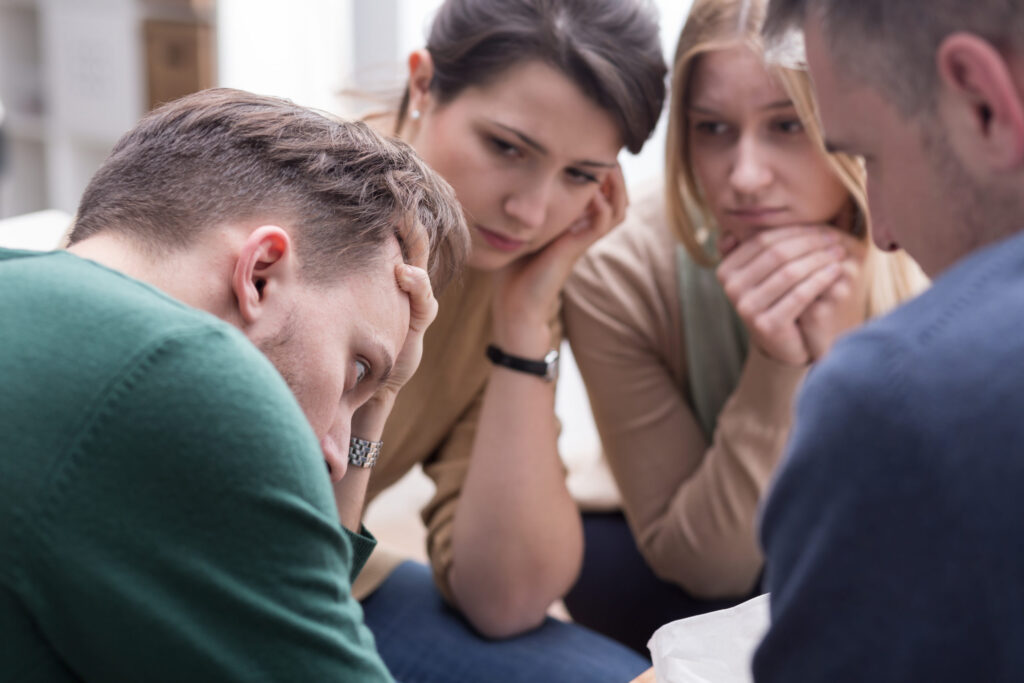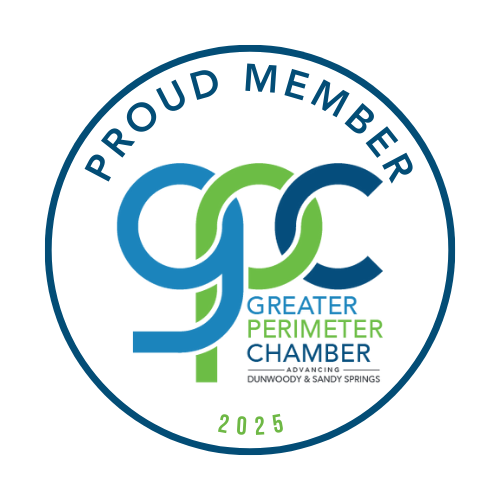Tips on How to Talk to Someone Facing Addiction

If someone you love is dealing with addiction, it can be difficult for everyone involved. You must deal with watching a person essentially throw their life away, and you may feel helpless when it comes to doing anything about it. Talking to your loved one may help, but taking the right approach is essential. This […]
What are the Signs of a High Functioning Alcoholic?

When we think of someone plagued with addiction, we may think of a person who has difficulty functioning. We perceive them as an individual who is withdrawn from mainstream society and is unable to hold down a job. But the truth is, there are people with addictions who can hold down jobs and go about […]
Why Do People Relapse?

It’s not easy for people to get over their addictive tendencies. It’s hard for a lot of individuals to take the first step in going to rehab. And after they get out of the program, it’s difficult for them to maintain sobriety. While relapse rates vary according to the drug being used, on average, 40 […]
What is Dual Diagnosis?

Many people who are addicted to drugs are also dealing with underlying mental health issues. They often may have started taking drugs as an attempt to self-medicate or manage symptoms associated with mental health issues like anxiety, depression, trauma, or a personality disorder. In other instances, abusing drugs may have caused or worsened the mental […]
How to Find Outpatient Alcohol Rehab in Atlanta, GA

Getting over an addiction is not easy. To ensure long-term recovery, it’s essential to find the facility that’s right for you. You will need to consider whether you want to go for inpatient or outpatient rehab. Inpatient rehab can be more comprehensive because you will get medical attention round the clock. Still, it’s not always […]
Tips for Getting a Job After Rehab

Recovery is not easy. There are many challenges people face in their journeys to wellness. One of the most difficult challenges is trying to adjust to the ‘real world’ after getting out of rehab. Many people struggle to get back on their feet. They may have trouble finding a job and housing. This type of […]
The Benefits of Co-Occurring Disorder Treatment Centers

Many people that deal with addiction have co-occurring disorders. This means that, in addition to dealing with their addiction, they are also dealing with an underlying cause, which is usually some form of mental illness. The mental illness may have caused the disorder, the addiction may have caused the mental illness, or there may be […]
Are There Cocaine Rehab Centers?

Cocaine is a stimulant drug that is made from the leaves of the coca plant. Although it was once used for medical purposes, it is now considered an illicit substance due to its addictive potential. It releases dopamine in the brain producing feelings of euphoria making it highly addictive. Cocaine may be used recreationally at […]
How To Deal With a Heroin Addict

Heroin is one of the most serious drugs you can be addicted to. Many heroin addicts end up overdosing. They also run the risk of contracting HIV or hepatitis from sharing needles. If someone you love has a heroin addiction, you may not know what to do. This article will provide tips on how to […]
How To Take Care of Mental Health in College

College is an exciting time for many people, but it can also be taxing on mental health. Students have a lot to deal with. They must get good grades and many of them are also doing a lot of partying. The combination of peer pressure, academic stress and sleepless nights can really get to them. […]






